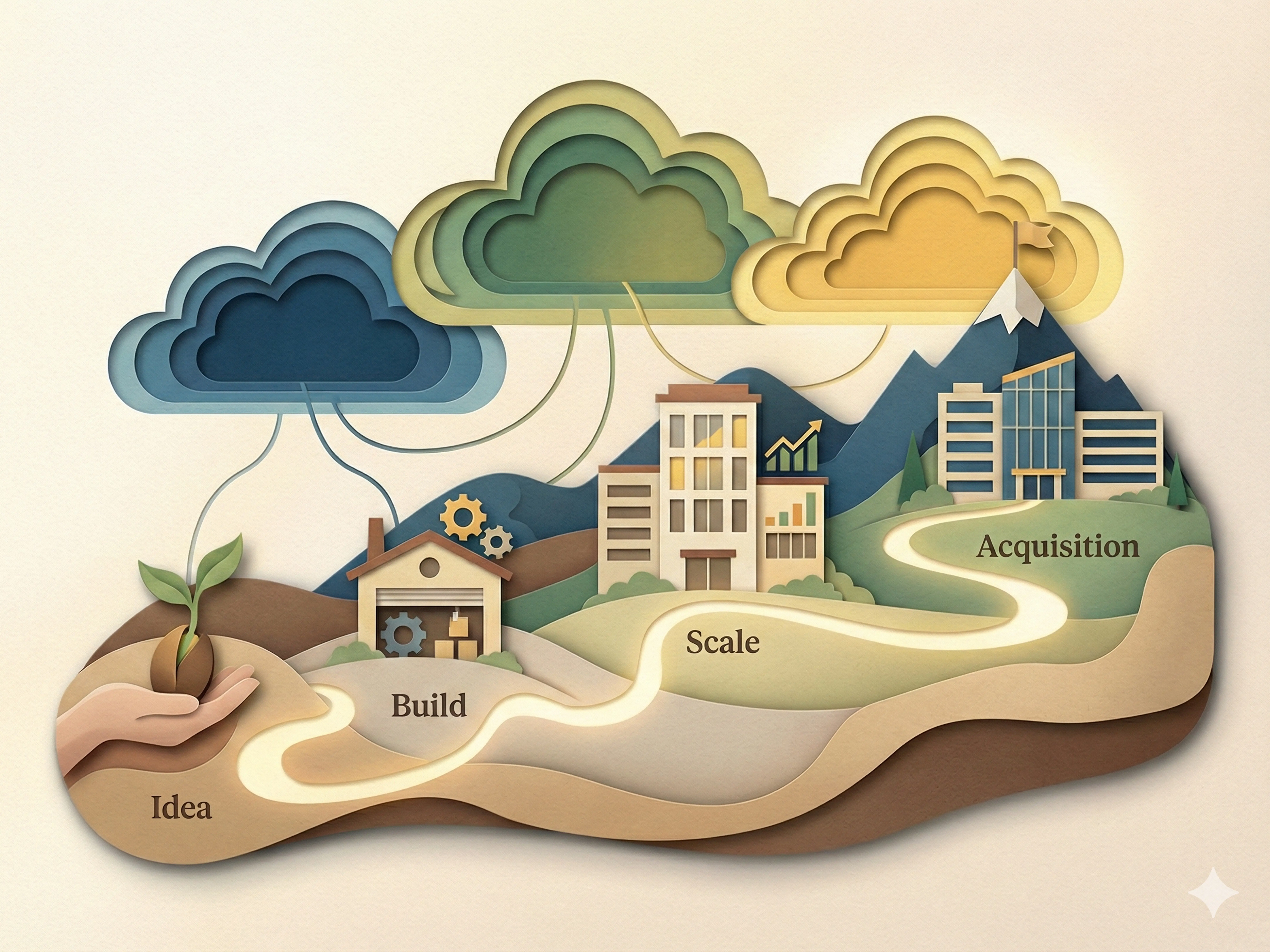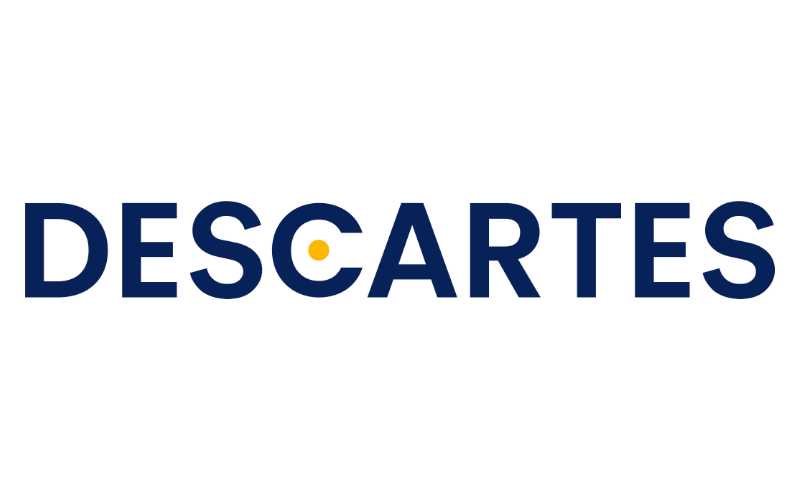By Dr Memoona J. Anwar, Chief Compliance and Innovation Officer at Data Zoo
Once considered a sci-fi fantasy, the Metaverse is gaining momentum amongst individuals, industries, and governments.
The proposed network of 3D worlds will push the boundaries of what we have come to expect from online interactions. It will see the development of new digital platforms that will simulate real-time, augmented, or virtual realities, allowing people to engage with each other in ways we’ve never experienced before.
How we socialise, work, and even travel will all change in the Metaverse. As we begin to explore the possibilities, we must first consider the essential role identity has to play in successfully bringing this vision to life.
Identity in the Metaverse
The Metaverse is set to redefine how we connect with others and present ourselves online. Our physical form will be represented by avatars that visually reflect who we are and how we want to be seen. While avatars will hold our digital personas, we will still need the means to prove our real-life identities for the Metaverse to be a space where genuine societies with social, economic, and political influence are built. In reality, all identity-related verifications come down to confirming who is who and who owns what.
Digital identity in the Metaverse is still waiting for its watershed moment. The Metaverse and Web 3.0 promise individuals the ownership of their data. However, from an individual’s viewpoint, is owning data a good thing? The concept of the Metaverse assures transparency and data ownership for individuals, i.e., data owners will have the right to share, rectify, store, delete, and know where their data is going. While this all sounds exciting, we must consider how it will impact an individual’s privacy and how it will be regulated. The race is on to create an innovative digital identity solution for the Metaverse, but there has yet to be a standard to emerge to lead the way.
The digital world has a physical existence
We live in a digitised world where our lives are increasingly online, yet we still depend on physical documentation to prove our identities. The challenge we face is that no matter how much we say our world is digitally transformed, we cannot deny our reliance on physical existence.
As the Metaverse starts to take shape, it will alter how we connect and limit the need for physical interaction. This poses the question of how we can prove identity without relying on physical documentation – this is where decentralisation comes into play.
Decentralised Identity is an emerging concept that empowers consumers to take back control of their identity through a digital wallet that verifies and securely stores their Personal Identifiable Information (PII) while providing greater security and privacy. Decentralised Identifiers (DIDs) remove the need for physical documentation to prove identity in the digital world. DIDs have been a topic of discussion for many years, but their true implementation will be realised in the Metaverse with the help of blockchain technology.
While we are yet to see any practical implementations of decentralised digital identity in the Metaverse, companies and institutions are substantially investing in research to understand how it could enable users to move freely and safely throughout virtual environments.
Regulations are needed to unlock potential
In recent years, there has been growing tension between the evolution of technology and the ability of legislators to create, modify, and enforce regulations. Unintended consequences often accompany digital disruption. Regulation and compliance need to be a prerequisite for interacting in the Metaverse. To ensure users feel safe in the virtual world, just as they do in the real, we need to consider what kind of spaces we want to create in the Metaverse and who gets to own and regulate them.
The Metaverse will open new ways for our data to be processed. Our avatars will replicate our voice, facial expressions, and gestures in digital interactions. This will be coupled with deeper capabilities to monitor how, when and where users spend their time. This raises privacy concerns as platform owners will have access to extensive real-time data and unprecedented power to influence their users. To ensure users are adequately protected and are providing informed consent around data processing, there will need to be an overhaul of current regulations, such as the EU’s General Data Protection Regulation (GDPR).
Digital identity in the Metaverse will need to evolve with regulations, privacy risks, technology, and the digital landscape. The potential of the Metaverse and consumer adoption hinges on what companies, governments and regulators do today to protect the rights of users as they start to engage in immersive experiences.






































